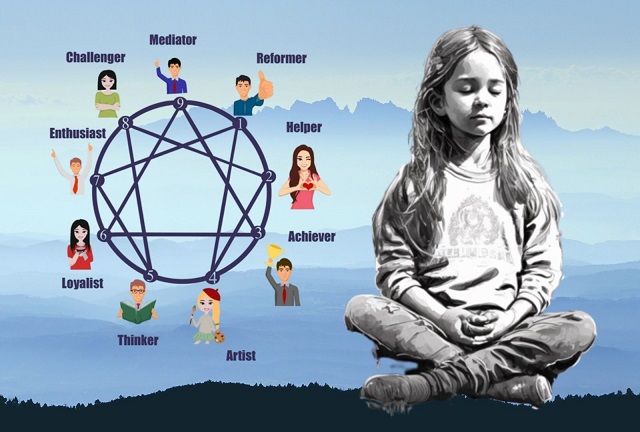
What Does Meditation Do To Your Brain?
Meditation is the practice of getting into a clear, calm and stable state of mind. There is no one way to meditate, but it is being mindful and keeping the focus on bringing the mind’s awareness to center. People who meditate tend to sit still and breathe slowly. Exhaling the stress and nerves from within to wash away the negative energy around them. The point of meditation is to focus on just one thing and keep the attention on it instead of letting the mind wander off. It can be with the eyes open or closed. Either blocking out the outside world or focusing on the surroundings to let the mind take in something that is attractive.
How does meditation affect the brain?

Meditation Has Many Positives to Your Brain
The mind is the center growth of it and meditation creates change for the good. Scientifically, MRI scans catches the brain reducing the amount of beta waves that can block the process of information in all lobes of the brain. During meditation, the frontal lobe, responsible for our emotions, goes quiet like a mute button. The parental lobe, which takes in our surrounding spaces around us, slows down. Our thalamus, which is where all information goes in to be processed, reduces everything our mind takes in and lets us clear out. Finally, our reticular formation, the part that puts our mind on alert, reduces the transmission so we becomes less aroused on what we see, hear, and feel.
Meditation Also Affects Our Psychological Being
It creates better focus, which can easily be lost. It reduces our anxiety. Because we are cutting off the neutral pathways to our brain, which alerts us immediately where something upsetting is taking place and makes us emotionally react. During meditation, we don’t immediately react to things and let our medial prefrontal cortex to relax. Instead, we improve how we reason and how we react to our bodily sensations. By clearing our immediate moods, it helps our creative side, coming up with new ideas in how we approach our work in daily life.
Research has also proven that by engaging in meditation, people develop more empathy and compassion to others.
To the sight of a disturbing image or one that could conjure up negative feelings. People could control extreme reactions and give compassion to others in such a terrible state. This is because meditation improves the part of the brain connected with empathy, the temporal parietal junctures. Research also shows that meditation improves rapid memory recall. And clearing out interfering waves to bring out new things that people had just seen. Finally, mediation creates more grey matter, that is like a barrier to keep in positive energy within our frontal lobes.
Meditation comes in different ways, but what it does for us is always for the better. A clear mind means less stress, anxiety, depression, and a raise in imagination, positive energy, and memory. Meditation is not a long exercise, but something done in 10-20 minutes a day. It has been incorporated in religious practices and in daily exercises for all ages to engage in.